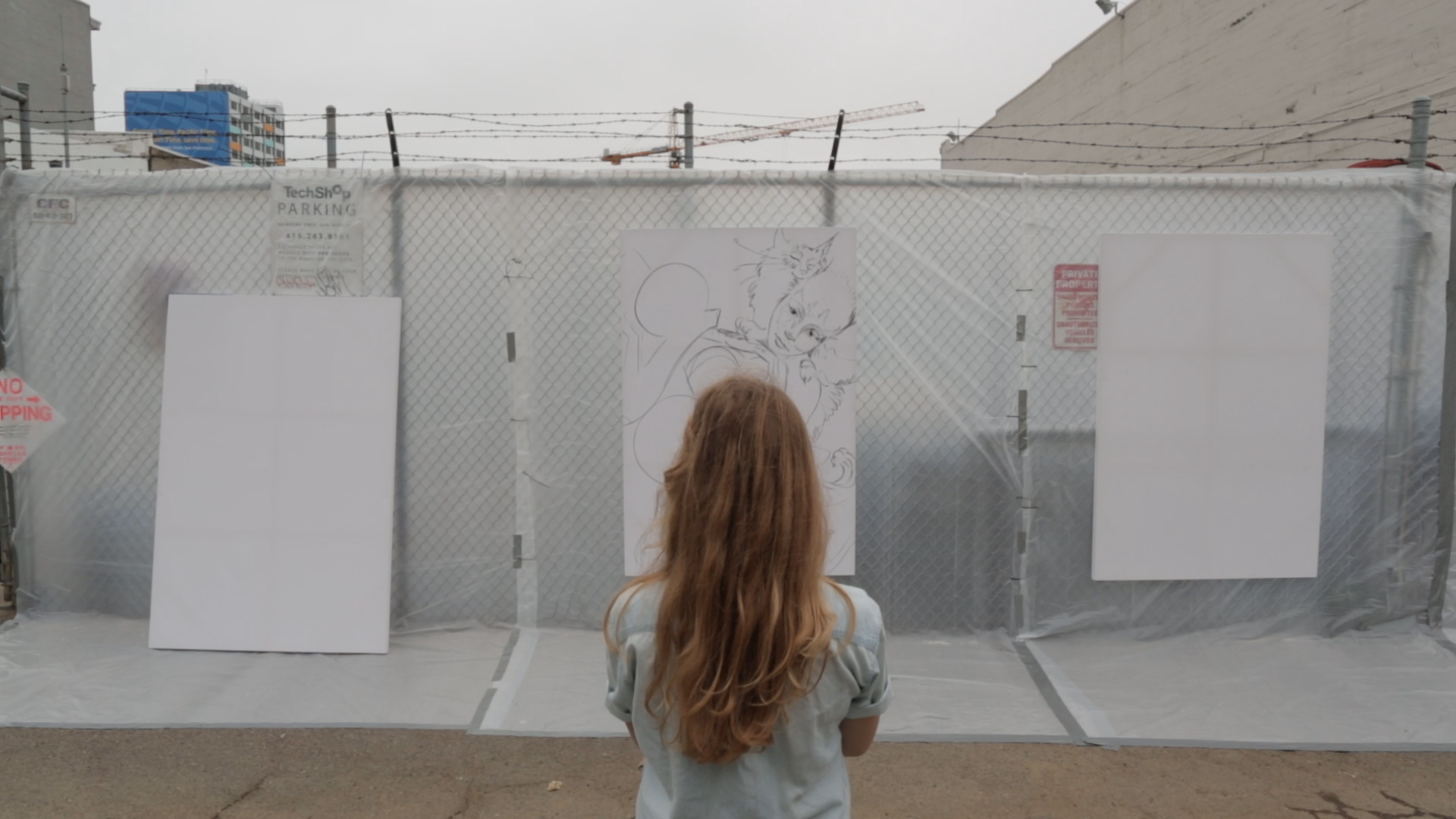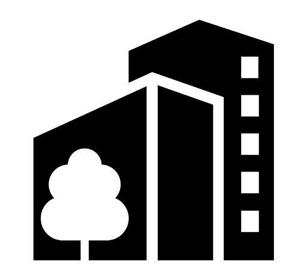
An activist contemplates her next step at the 2012 Urban Prototyping Festival.
“Be the change you want to see in the world.” – Unknown
A little over two years ago, we set out out to create an independent documentary film about a trend called “tactical urbanism,” as seen through the lens of San Francisco’s parklets. Since then, we have been fortunate to interview many of the movement’s key contributors, including Rebar’s Matt Passmore and John Bela, two of the original founders of Park(ing) Day; Andres Power, who first championed the permitting experiment within the SF Planning Department; and the new guard, Robin Abad, who currently heads up the city-wide program. We have also had the honor of getting to know a host of individual parklet sponsors, urban activists, and community members. We’ve chronicled events like Park(ing) Day, UPsf and Sunday Streets, and even filmed a parklet wedding! It’s been a lot of fun, and an amazing experience.
But the more we filmed, the more obvious it became to us that the real story here is less about tactics, than it is about a collective shift in mindset. After a lifetime of leaving planning decisions to government officials and business executives, individual citizens are taking it upon themselves to get involved, pursuing an active role in the shaping of their neighborhoods and city. Matt and John were just two regular guys who turned their desire for change into action with Park(ing) Day. Before he became a Flash Mob activist and the city’s first “residential parklet” sponsor, Amandeep Jawa, was just a citizen who believed that community was the key to a vibrant city. Frustrated by the lack of drainage in her neighborhood, Jane Martin, was just a resident who took matters into her own hands and converted a portion of the sidewalk into a garden, later developing a permitting process with the city, so that others could do the same. These are just a few examples of people that exemplify the kind of proactive initiative that has inspired us to shift our focus from the tactical to the participatory aspect of this New Urbanism movement.
What is behind this change in mindset, and how will it affect our future cities? Do individual citizens of a place have a right to be involved in the decision-making process? Do we have a responsibility to participate? These are some of the questions we are looking to answer moving forward with the film. Wish us luck!
